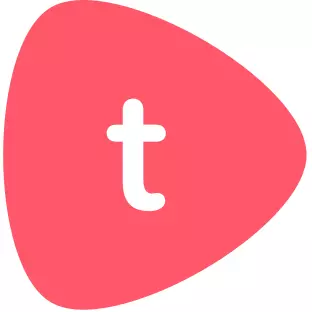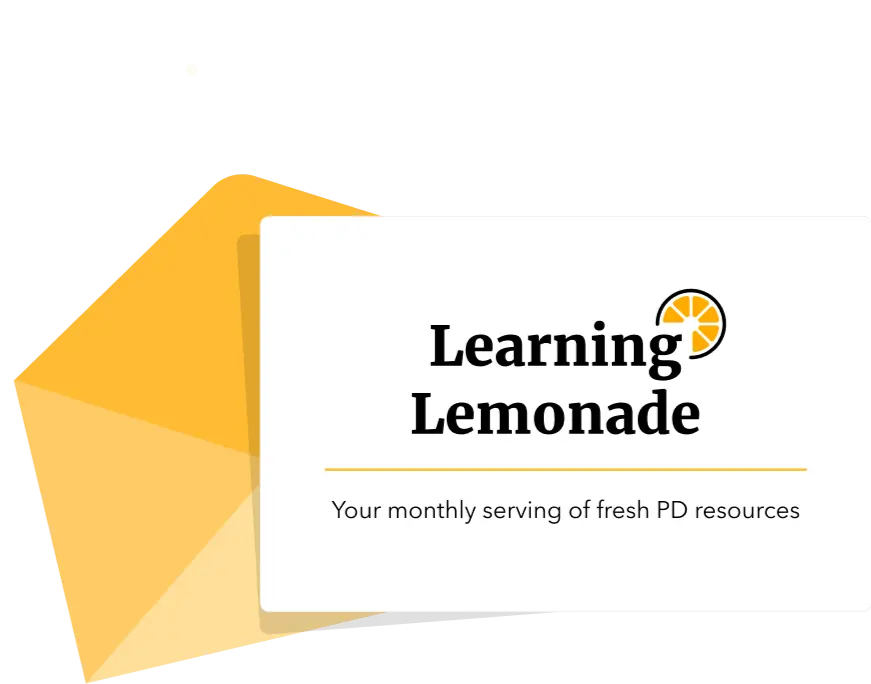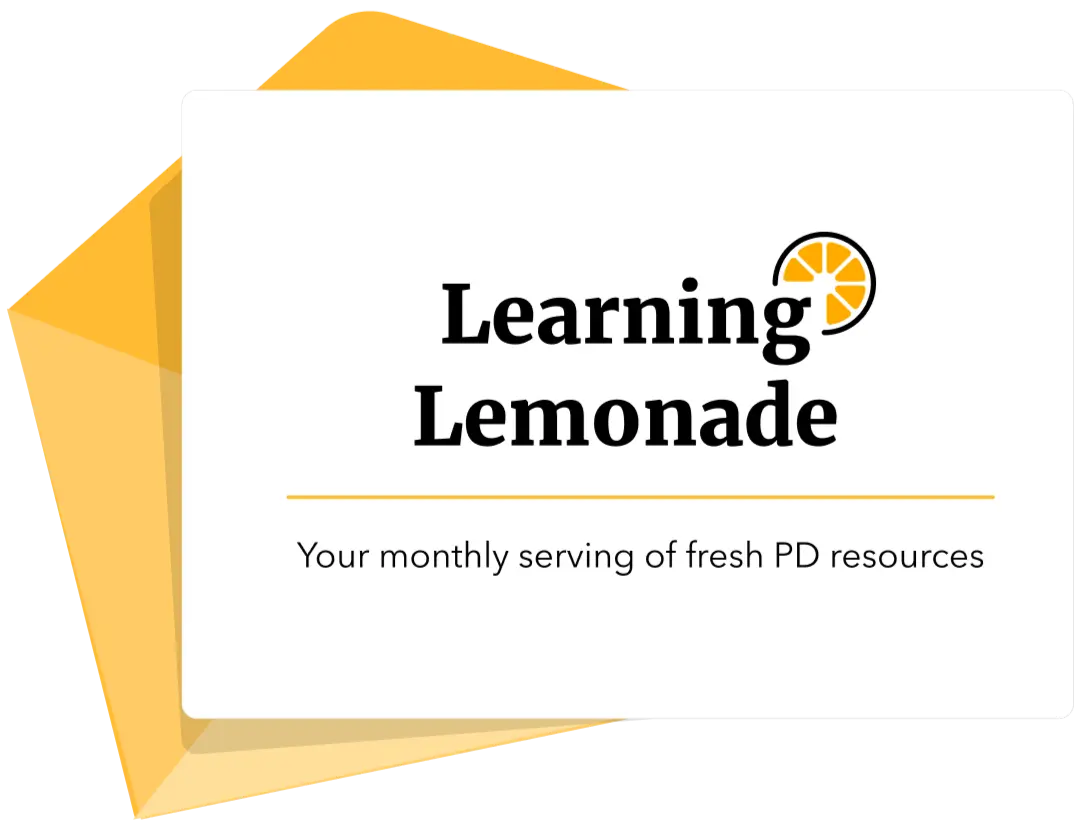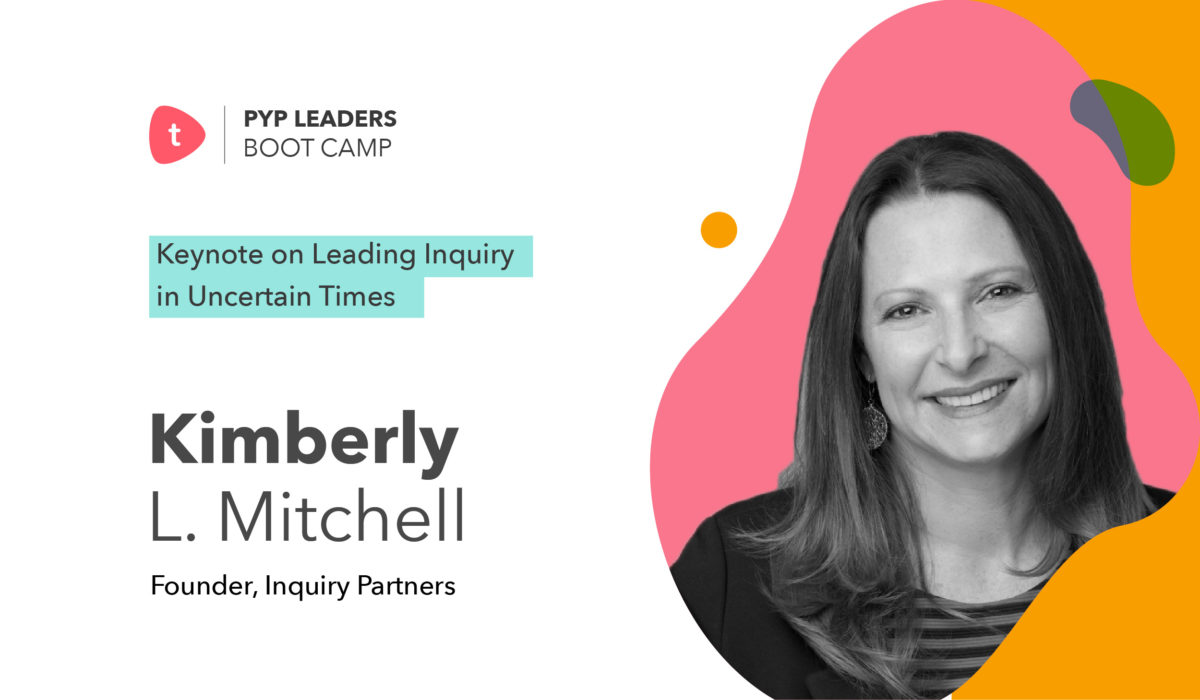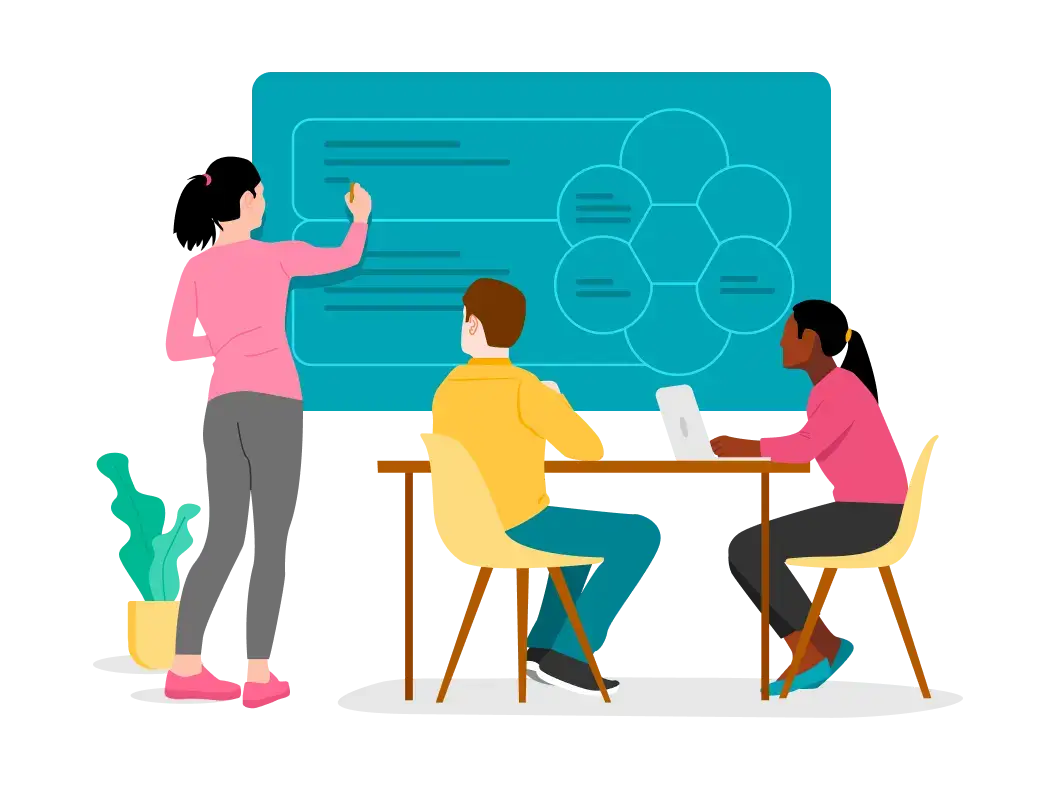Reading is the passport to countless adventures!
Mary Pope Osborne
Anything that can be read – be it a vintage postcard or a Takashi Murakami NFT – brings our students one step closer to making meaning of the world around them. And as language and literature educators, no one understands the wealth of experiences and perspectives that texts bring to students better than you! From experiencing the extent of human courage to the exhilaration of dangerous adventure, you can have students go beyond what they know, or have lived, with the flick of a page! Join us at this IBDP Deep-dive as we navigate the language & literature course and explore ways to help students become more avid readers, more adept writers, and deeper critical thinkers. Find out more about course design and text selection, unpack assessments and grading, and take away actionable strategies for your language and literature classrooms!
Workshop objectives:
- Explore three different ways to approach course design
- Understand how to plan for the internal assessments
- Master strategies for guiding students through external assessments
- Practice grading student exemplars and deconstruct the assessment rubrics
Session I: Three approaches to course design (1 hour)
Speaker: Thomas Lewandowski
Given the flexibility inherent to the language and literature course, designing a course outline and text selection is often riddled with choices. How might you approach the structure of your course and choose appropriate texts? In this session, Thomas will walk you through three different ways in which you can structure the language and literature course for meaningful teaching and learning.
Session II: Supporting students through the internal assessment (1.5 hours)
Speaker: Dan Bartholomew
The individual oral (IO) presents students with a unique opportunity to connect classroom learning to the world around them. In this session, Dan will discuss the requirements of the IO and how you can support your students in planning and structuring the same.
Session III: Digging deeper into paper 1 (1.5 hours)
Speaker: Andrew Cohen and Dave Giles
Prepping students for paper 1 requires meticulous scaffolding of their reading, writing, and critical thinking skills. Brainstorm with Andrew and Dave on ways to help students build these skills as they approach this assessment and develop new teaching strategies to set your students up for success.
Session IV: Supporting student success on paper 2 (1.5 hours)
Speaker: Ashley Busse
Recording unavailable
Comparing and contrasting literary works requires students to tap into higher-order thinking skills. What are some effective ways to help students master these skills and how can you weave them into your teaching? Join Ashley for this session to better understand the objectives of this assessment task and discover best practices for building the required knowledge and skills for students.


